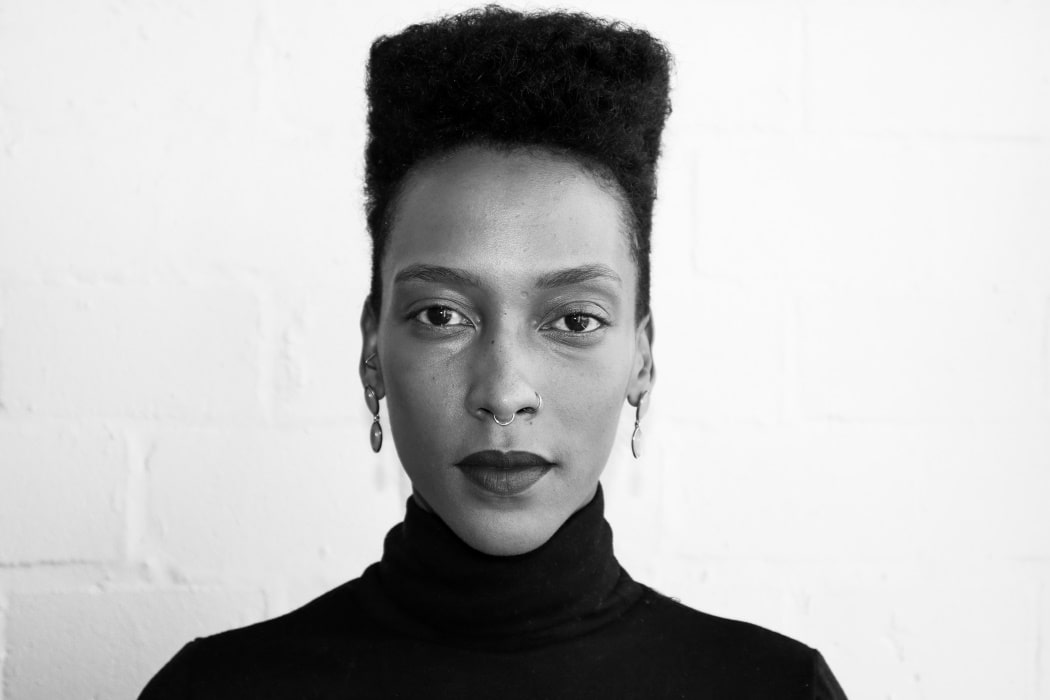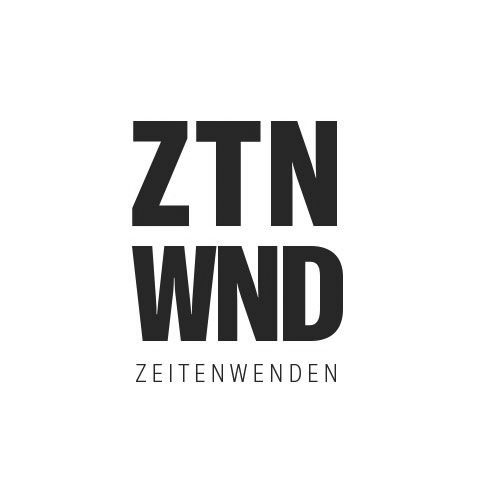One of the five fellows 2021: Lorin Sookool. Foto: Lorin Sookool
The Pina Bausch Foundation and the Kunststiftung NRW awarded the Pina Bausch Fellowship for Dance and Choreography for the sixth time in 2021. The international jury consisting of Madhusree Dutta, Nora Chipaumire and Ruth Mackenzie selected five fellows from 100 applications. With the help of virtual cooperation formats, the scholarship holders can test how exchange and artistic development can be realised in digital space. Together with their cooperation partners, the scholarship holders have developed digital formats through which they will exchange ideas in the coming months. All digital scholarships are funded with a lump sum of 5,000 euros.
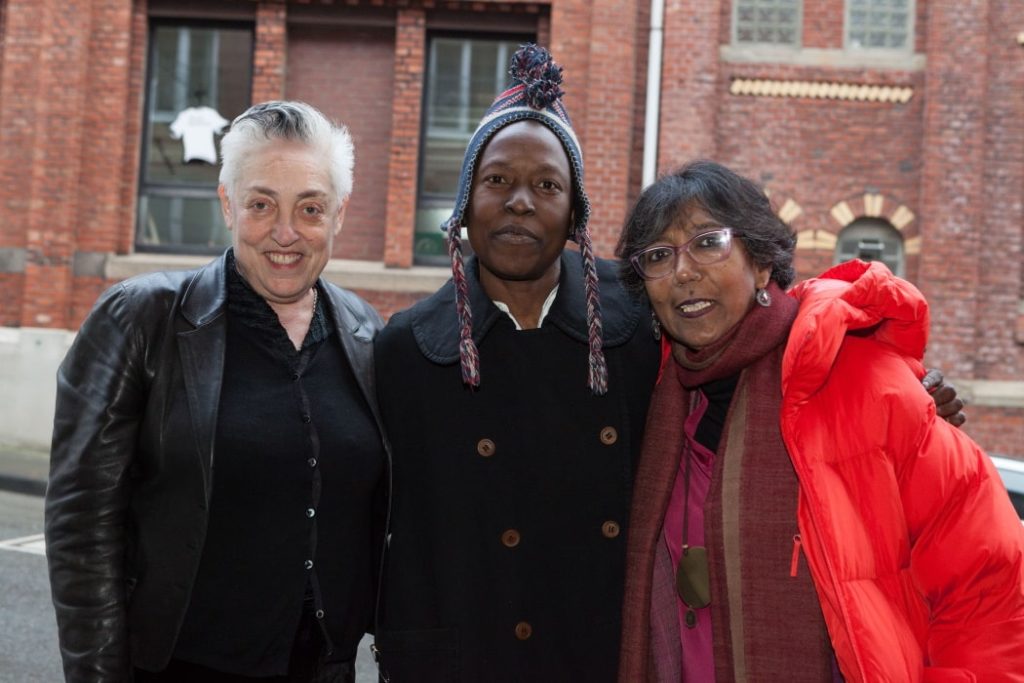
“The selected fellows are thinkers, artists, choreographers, dancers from North America, Europe, Australia and Africa. They collectively share a love and a thirst for knowledge acquisition (…)”
Nora Chipaumire, Jury
Ade Suharato
Ade Suharato is an Australian-born dancer and choreographer with Indonesian roots interested in exploring the contemporary in the Asia-Pacific region through local forms. For her digital fellowship, Ade will collaborate with Indian-based choreographer and performer Padmini Chettur. Over a 12-month period, they will observe their research and rehearsal process, share insights into movement investigations, contextualise their environments and consider their individual recent works as case studies.
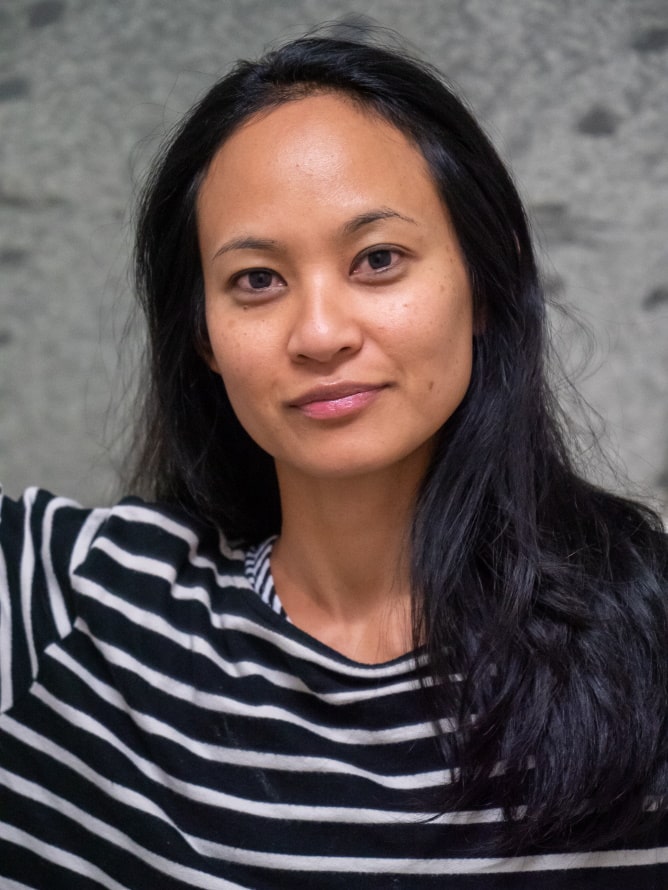
Aïda Colmenero Dïaz
Aïda Colmenero Dïaz is a Madrid-born artist, actress, choreographer, dancer, filmmaker and performing arts curator of Galician descent. Her work offers universal messages that relate to the essentiality of the human being and its connection with visible and invisible nature. Over the last decade, Aïda has developed strong links with the African performing arts sector through various projects. Aïda will collaborate with António Tavares, a choreographer from Mindelo, Cape Verde, and one of the key figures in the history of contemporary dance on the African continent. Through the collaboration with António Tavares, Aïda aims to connect with her own choreographic vibrant sound language.
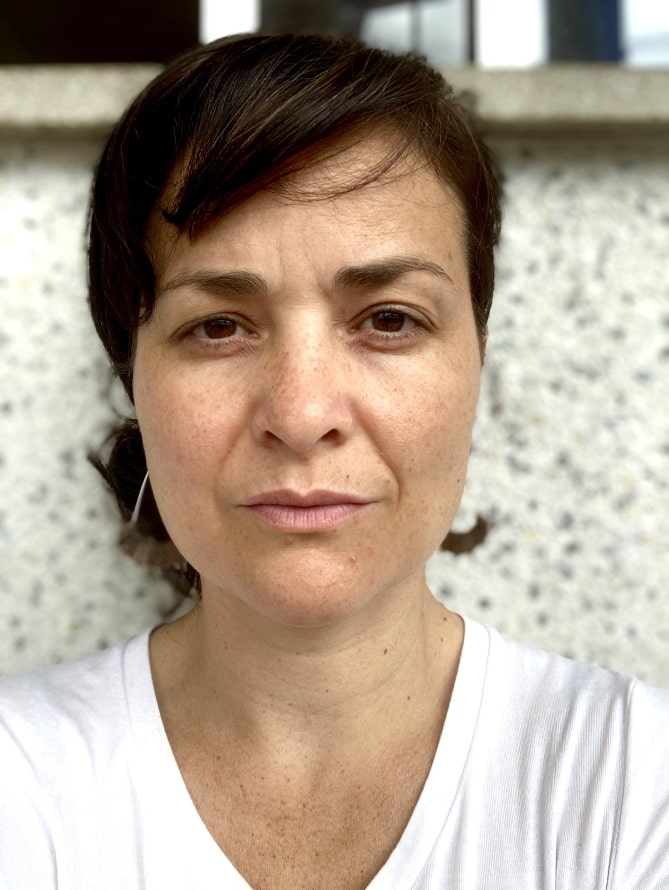
Irina Demina
After her dance training in Moscow and Hamburg, Irina Demina received her Master’s degree in choreography at the Hochschulübergreifendes Zentrum Tanz Berlin (HZT) and has been living and working in Berlin ever since. Her work relates to exploring the possibilities and potential of a dialogue between traditional and digitally stimulated choreographies, using modern technologies (such as motion capturing, machine learning) to capture and reshape choreographic elements of e.g. folk dances. Irina’s collaboration partner is Singapore-born choreographer and video artist Choy Ka Fai (Berlin). Through their collaboration, Irina hopes to gain insights into Choy Ka Fai’s multidisciplinary approach to her choreographic work.
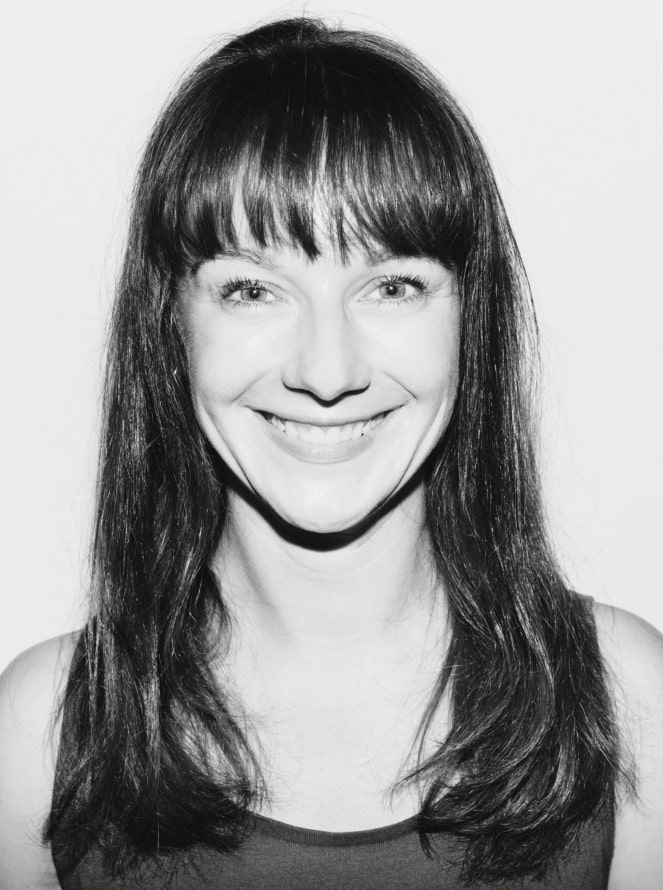
“Once again, the applications reflected wide concerns in the World today – including issues of racism, feminism, ableism, political issues in this post-colonial world where colonial thinking is still a widespread concern. The adventure of travel across cultures which is so important in the Pina Bausch Fellowship history survives well in this digital year (…)”
Ruth Mackenzie, Jury
Lorin Sookool
Lorin Sookool is an independent South African dancer, choreographer and facilitator. Her interests extend beyond choreography and performance, into the broader realm of the role, position and accessibility of the artist in society, as well as decoding the undeniable body politics that underpin the work – particularly in relation to South Africa’s socio-political contexts. For her fellowship, Lorin will work with Italian choreographer Roberto Castello for three months to broaden her sensitivity to dance and dance making, and to sharpen her voice as an independent South African dance artist.
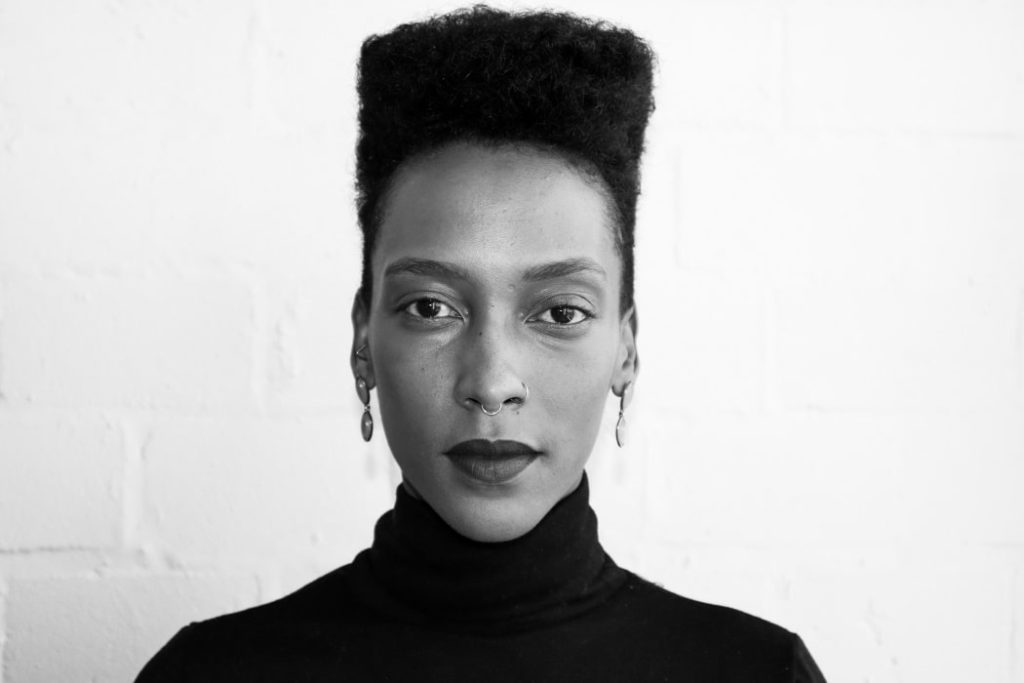
Sarah Friedland
Sarah Friedland is a choreographer and filmmaker working at the intersection of moving images and moving bodies. Through hybrid, dance and experimental filmmaking, multi-channel video installations and site-specific live dance performances, she stages and scripts bodies and cameras in concert with each other to illuminate and distil the undiscovered, embodied patterns of social life and body politics. For a period over 14 months, Sarah will collaborate with movement-based interdisciplinary artists Wen Hui and Eiko Otake. During this time they will meet digitally every two months for a total of eight conversations. Through their collaboration, Sarah aims to expand her investigation into the relationship between embodied memory, choreography and non-fictional film practices.
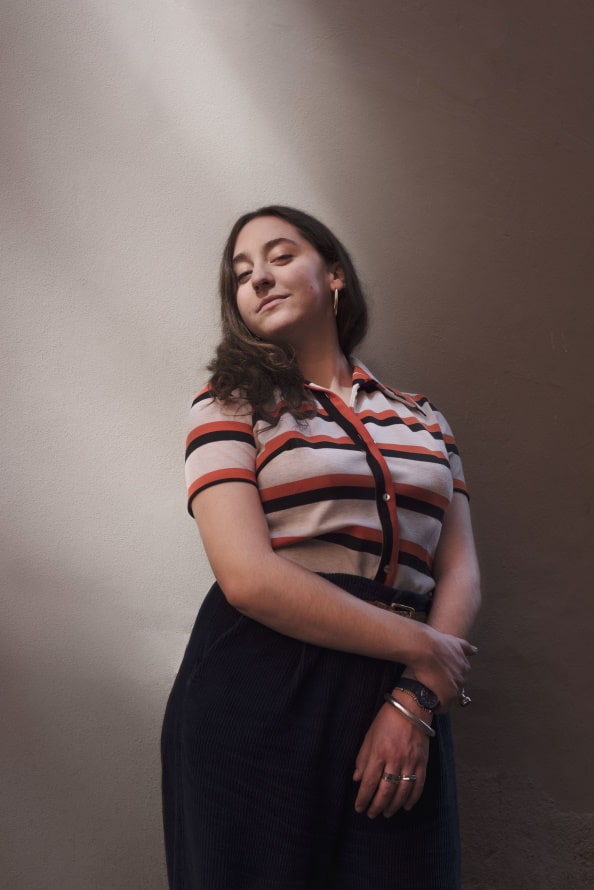
Due to the extended timeframe of this year’s Fellowship and the ongoing impact of the COVID-19 pandemic, the MEET THE FELLOWS! event will not take place this year. The new fellows introduce themselves and their fellowship plans in self-designed video portraits at fellowship.pinabausch.org.
The mission of the Pina Bausch Foundation is to preserve the artistic legacy of the great dancer and choreographer, to keep it alive and to carry it into the future. A fundamental task of the Foundation is to make the complex and extraordinarily extensive materials of Pina Bausch’s artistic legacy accessible in an archive and to make large parts of it accessible to the public. In addition, the Foundation is searching for traces in order to collect the knowledge and experience of Pina Bausch’s companions, dancers and collaborators. The aim of this work is to keep Pina Bausch’s art alive by making it tangible for future generations – for professionals and amateurs, the curious and the new, people of all ages and especially for a young generation of dancers. By making her pieces real on stage again and again in the future.


